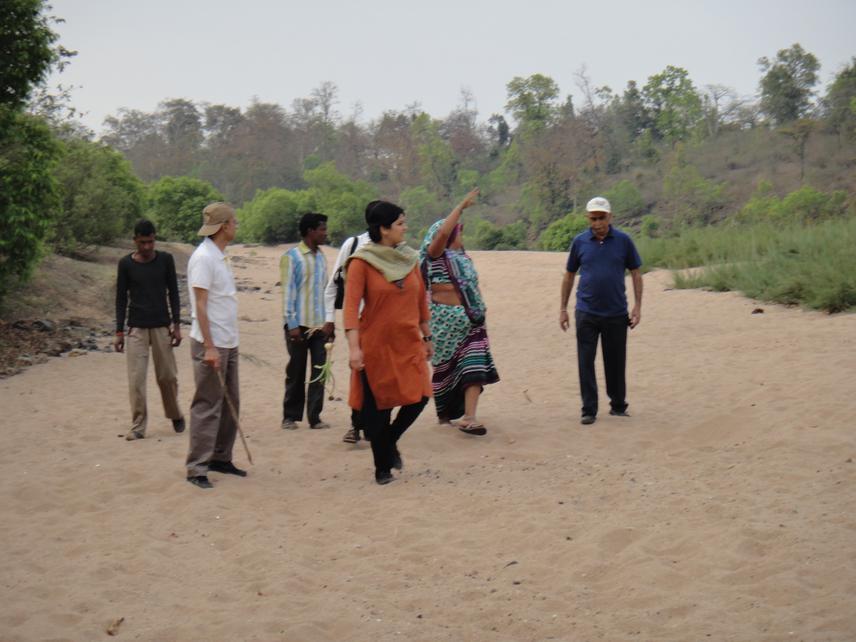Rohini Chaturvedi
The project aims to promote ecotourism in the buffer zone of Bandhavgarh National Park to create long-term solutions for tiger conservation, improve livelihoods for local communities, and support the implementation of Government of India’s conservation policy.

This project is being carried out by the Vindhya Environment and Livelihood Trust, (VELT) which is a young group of like-minded professionals who are committed to creating collaborative solutions that address conservation and poverty in an integrated manner.
Poorly managed tourism in protected areas has been identified as a threat to tiger conservation in India. In shifting from ‘wildlife’ and ‘tiger-centric’ tourism to ‘ecotourism’, the Government of India has emphasized the role of Buffer Zones around protected areas. These Buffer Zones are created under the wildlife protection legislation and comprise large area of multiple land uses involving different actors and stakeholders. Much of the infrastructure for tourism (hotels, lodges, transport hubs and other tourist facilities) is concentrated in the Buffer, mostly around points of access to the core. While buffer zones are perceived as crucial for conservation, local livelihoods as well as ecotourism, no strategy exits for the management of these areas which present a mosaic of land ownership and use patterns, under different governance regimes, and subject to varied developmental pressures. In addressing this gap, the project will focus on the following:
1. Understanding stakeholder perspectives on ecotourism:
The project will generate locally relevant understanding of ecotourism and its operational dimensions. In doing so it will engage with stakeholders to identify opportunities and constraints, motivations and expectations from ecotourism. Such an understanding will be crucial for development of an ecotourism strategy (2c below).
2. Preparation of Buffer Zone Ecotourism Plan:
This project will contribute by innovatively engaging stakeholders in the voluntary preparation and implementation of a Buffer Zone Ecotourism Management Plan, covering dimensions of land-use, tourism and benefit sharing.
3. Partnerships among local stakeholders and trust building:
The project will highlight the areas of congruence among stakeholder positions, and leverage these to facilitate constructive dialogue. The focus will be on moving away from entrenched positions to building partnerships in ecotourism.
The project will emphasise interdisciplinary and participatory approaches in its methodology and activities. The process will be documented for wider dissemination and further impact including through the use of social media, preparation of policy briefs in English and Hindi, and workshops at the state and national level.